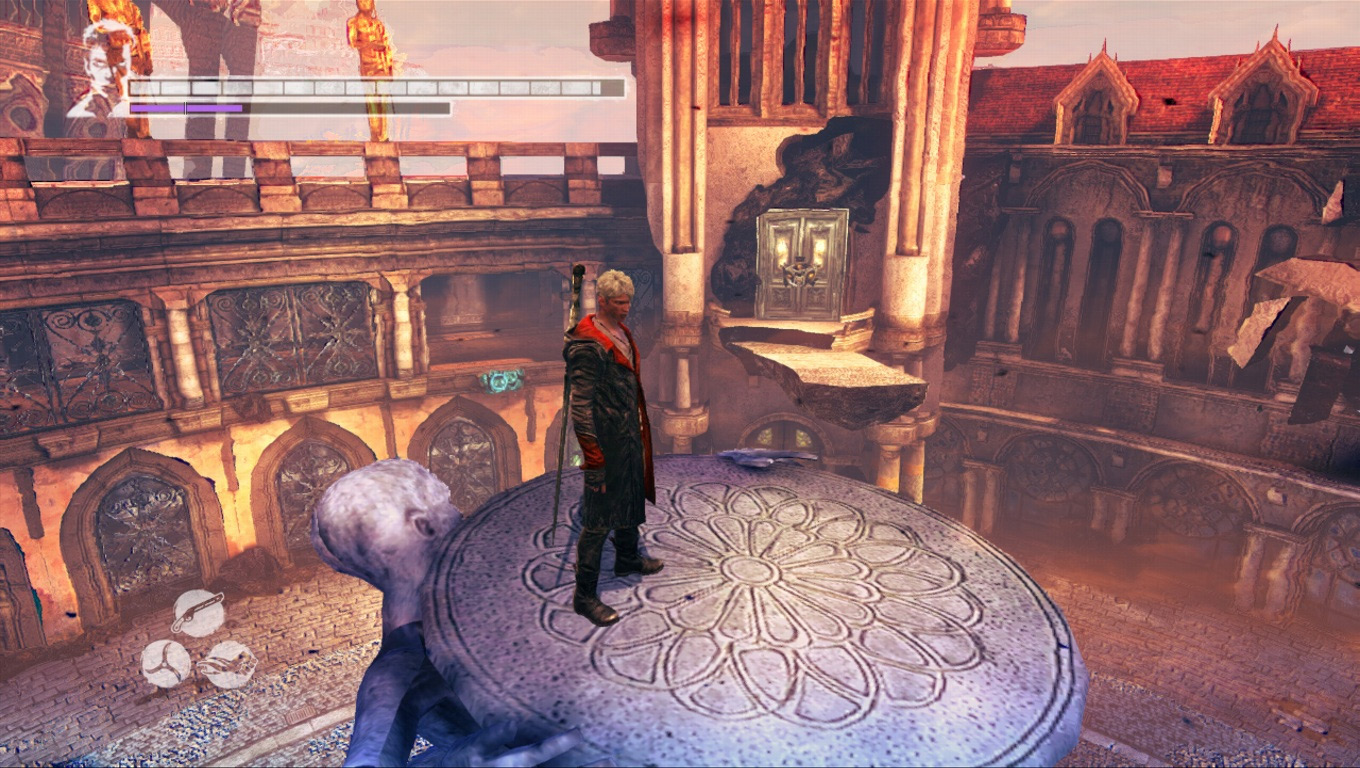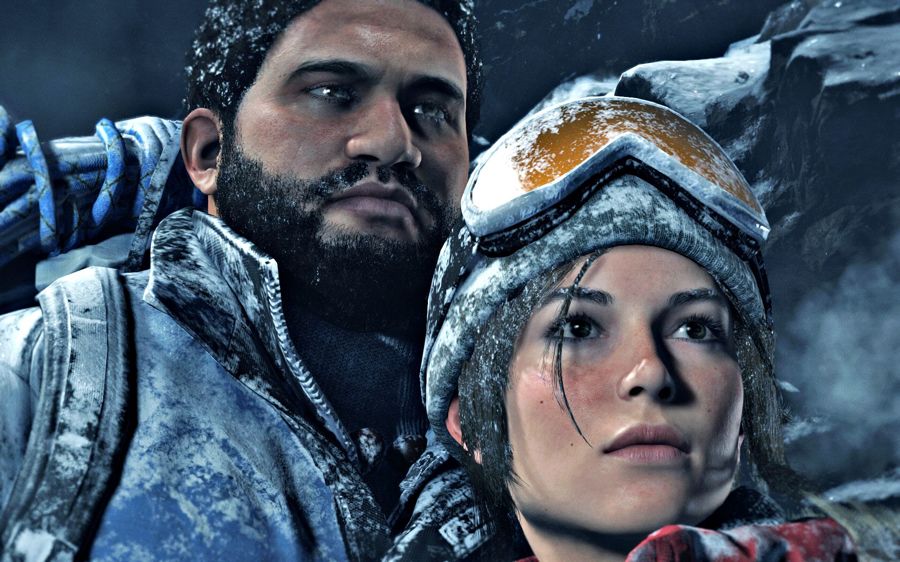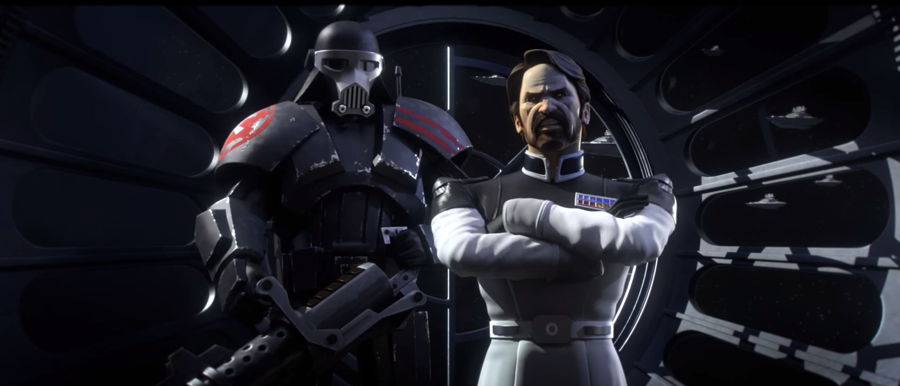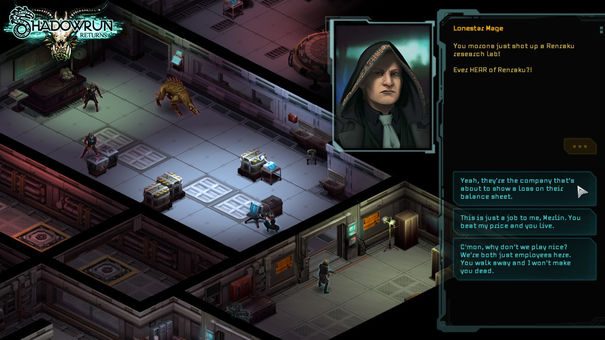The Demon Hunter is the archery-centered class in Diablo III, and it stands out for two reasons. First of all, it is virtually always the fastest attacker on the battlefield- even a Frenzy Barbarian isn’t likely to be attacking nearly as rapidly. Between the ability to dual-wield small crossbows, the ability to equip quivers, and the staggeringly fast Rapid Fire skill, the Demon Hunter will make you incredibly glad that Blizzard removed ammunition-tracking from the game. The second reason is that despite being a distance fighter, the Demon Hunter is quite possibly the most agile class in the game, leaping and darting from vantage point to vantage point while letting out intermittent or even continuous streams of arrows or crossbow bolts.
This means a few things- first of all, the reliance on attack speed over damage of any individual attacks means that the Demon Hunter is going to worry more about how many times and how frequently it can use its skills, rather than having large numbers on the damage count. This can be slightly counter-intuitive, but isn’t too terribly hard to work with, thankfully. Secondly, anything that reduces enemy mobility is of huge attraction to a Demon Hunter, since their primary protection from incoming damage is not being there when it arrives. Finally, while you will likely choose one or two of your skills based on your damage output, the majority of your skill selections are ones you’re going to make on the basis of keeping in control of the battlefield.
Because of this, Demon Hunter players are best served by being patient, despite the way their character bounces around the battlefield like a caffeinated grasshopper. What’s more, the Demon Hunter’s abundance of tactical (rather than offensive) options makes the class a natural ally for the Barbarian and the Wizard especially. Wizards with damage-heavy builds tend to be lacking in the battlefield control options and will love the chance to rain down meteors and other forms of explosion on enemies who can no longer reach them and stand in areas of effect for much longer. Barbarians, on the other hand, have a decent amount of battlefield control- but can take their more damaging options instead in some cases, and in other cases can use their own battlefield control to compound the effects of the Demon Hunter’s skills. This and the Barbarian’s abundance of melee area-of-effect damage will make Barbarians especially glad to have a Demon Hunter along. Demon Hunters themselves, meanwhile, are glad to have anyone along- the more people taking advantage of their manipulative effects, the more stuff is going to get slain.
Being a battlefield-manipulation class, the Demon Hunter has a lot to look out for- particularly in terms of its resource, which is a split orb of Hatred and Discipline. Generating and spending Hatred is easy- generating Discipline is difficult and you will want to have a light hand on your Discipline expenditures. It takes a bit of practice, but get used to watching your resource orb carefully in combat, lest you spend several precious seconds trying to trigger a skill you can’t pay the cost of anymore.





